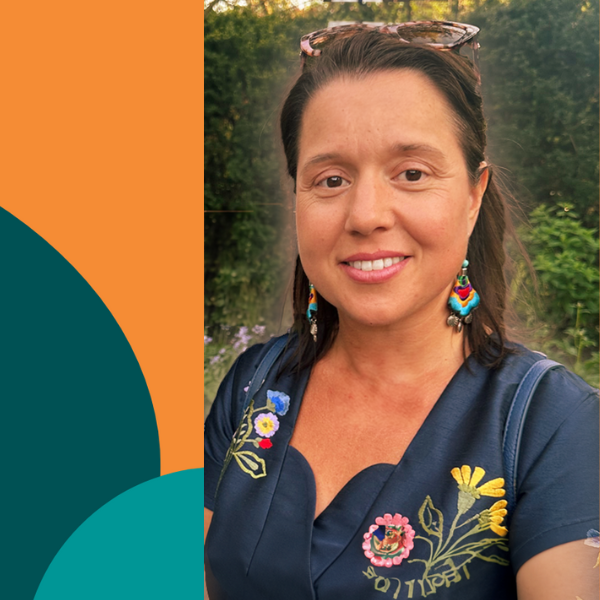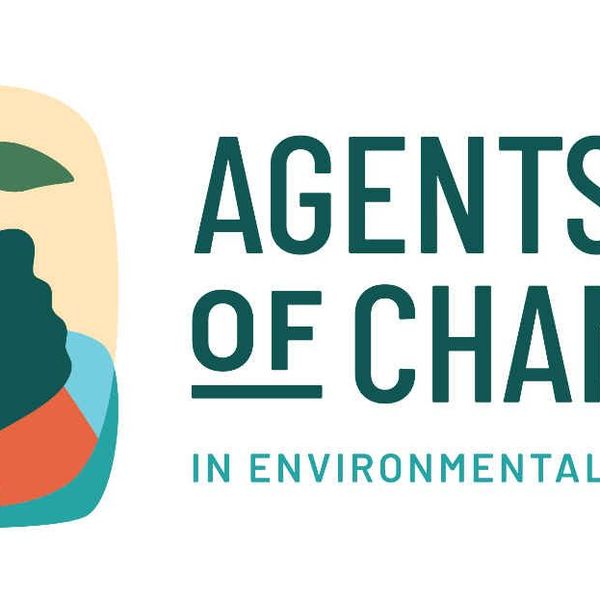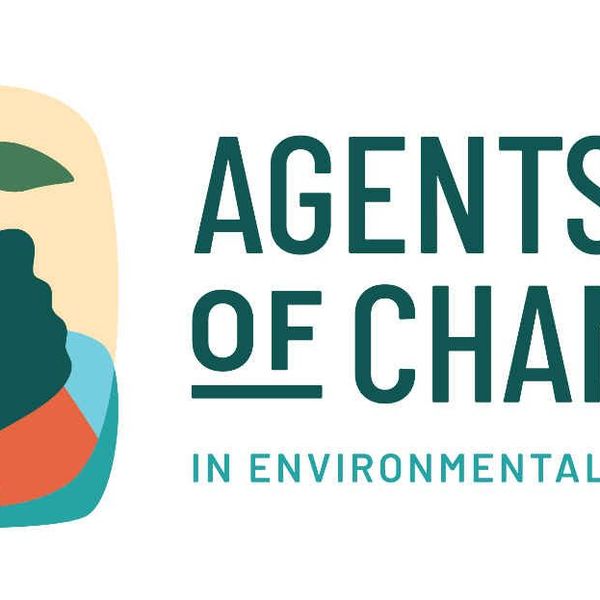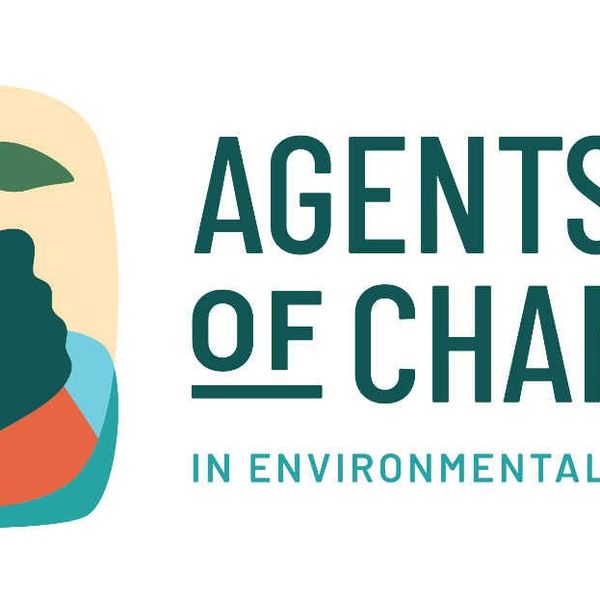A recent story on Radio Bilingue highlights journalist Zaydee Sanchez's reporting for EHN and palabra, a multimedia platform of the National Association of Hispanic Journalists, on California’s new pesticide notification system.
The Spanish-language audio version of Sanchez's story focuses on the experience of Flor Alvarado, a farmworker-turned-activist who believes exposure to pesticides on the job was responsible for a near miscarriage and the subsequent developmental problems suffered by her now 7-year-old twin daughters. The story examines the potential for California's new online notification system, planned for 2024, to better protect both agricultural workers and nearby communities by informing the public in advance of pesticide applications so they can better protect against exposure.
Sanchez and Claudia Meléndez, who both worked on the Adrift series for EHN and palabra, also spoke at length about their reporting this week on Radio Bilingüe's daily call-in talk show, Línea Abierta.
The collaborations with palabra and Radio Bilingüe are part of an ongoing project by EHN to increase our bilingual coverage and amplify reporting about, for and by underrepresented communities.
Listen to Zaydee Sanchez's audio story for Radio Bilingüe in Spanish here.
Listen to Sanchez and Meléndez extended conversation in Spanish about their reporting on Línea Abierta here.
Explore our bilingual series Adrift, which includes a resource kit to learn more about pesticide exposure and protection. Find all our Spanish-language original and curated stories at EHN en Español.- LISTEN: Nayamin Martinez on organizing for farmworker justice ›
- As masses of plaintiffs pursue Roundup cancer compensation, migrant farmworkers are left out ›
- Op-ed: Essential farmworkers deserve pesticide protections ›
- On the frontlines of pesticide exposure ›
- Mobilizing against pesticides from the ground up ›
- Adrift: Communities on the front lines of pesticide exposure fight for change ›
- Empleos precarizados, explotación y cambio climático: un pez que se muerde la cola para los trabajadores agrícolas - EHN ›



























